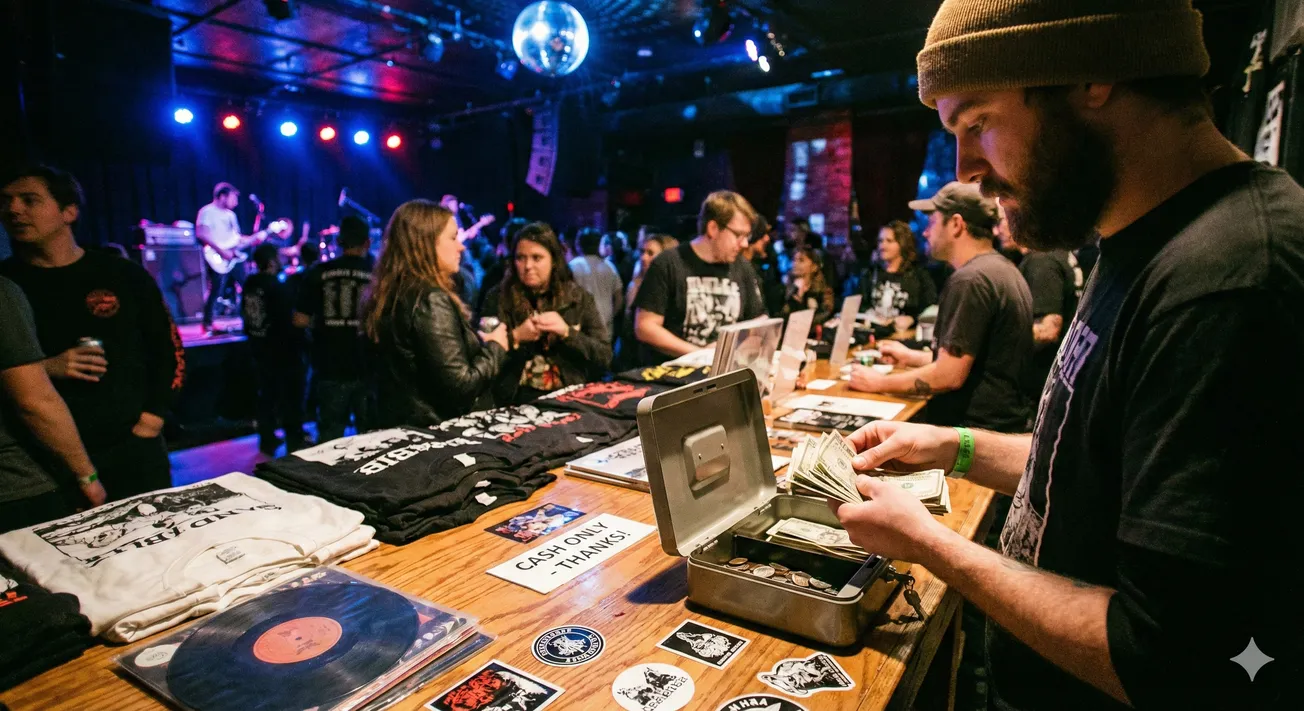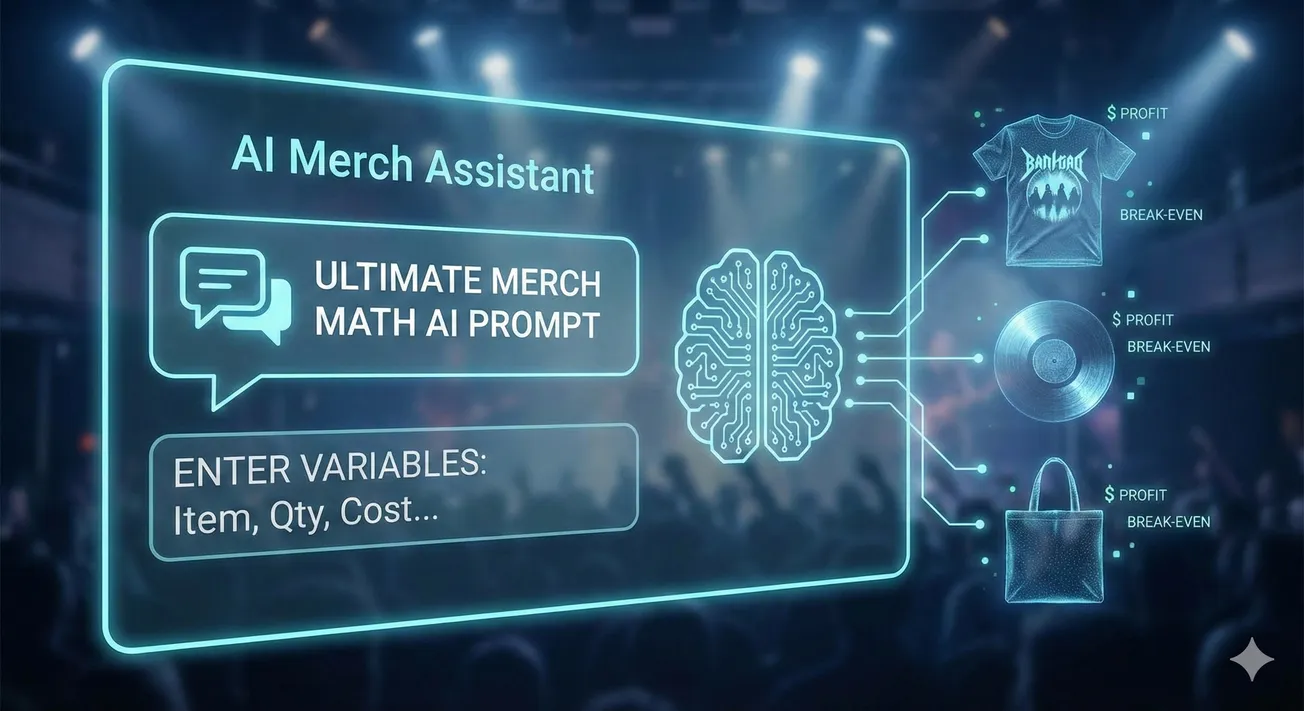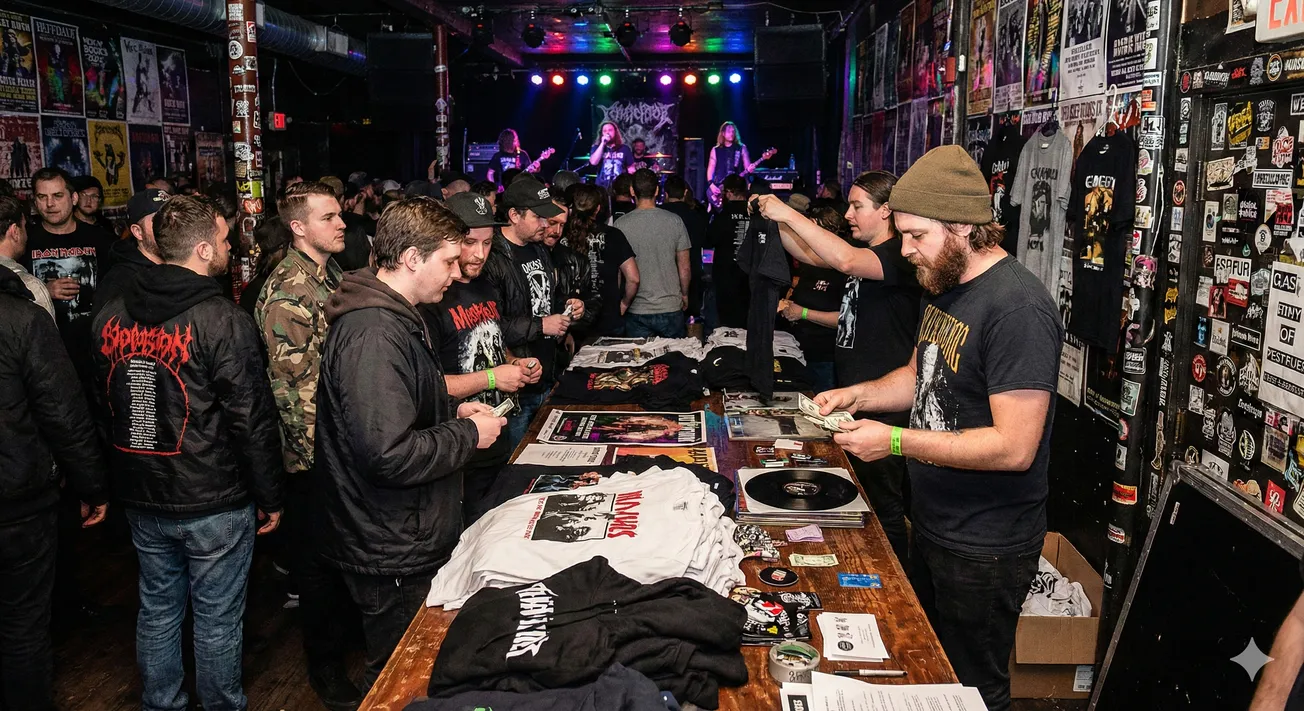Related articles
Artist’s Guide To Getting A Great Manager
As a musician, you will hopefully reach a point in your career when you need to have a manager. To answer the challenging question of when that point is, as. Continue reading [https://www.hypebot.com/hypebot/2016/11/artists-guide-to-getting-a-great-manager.html]








